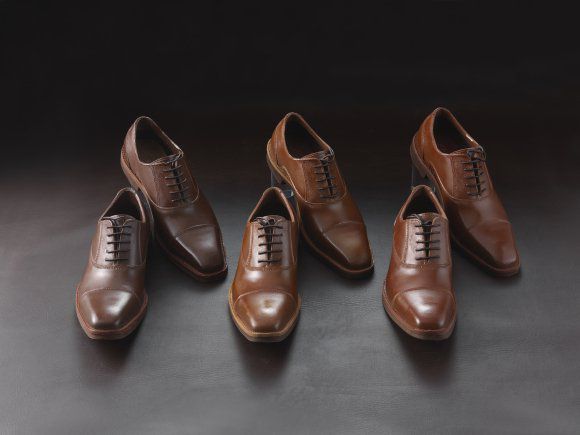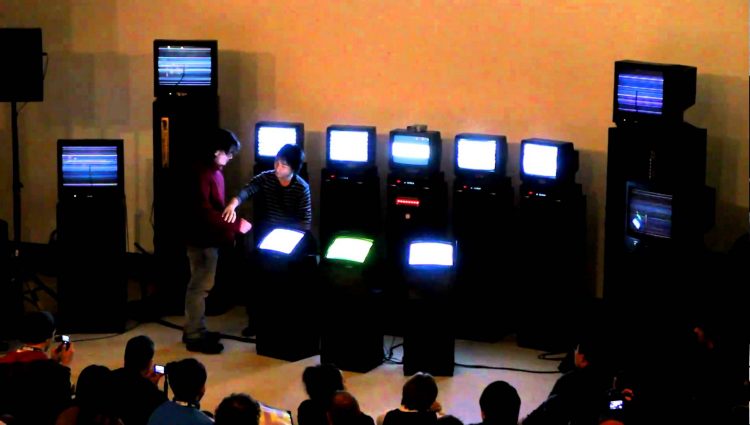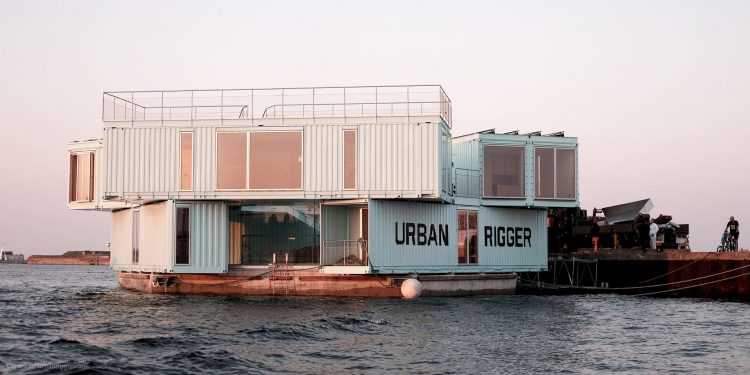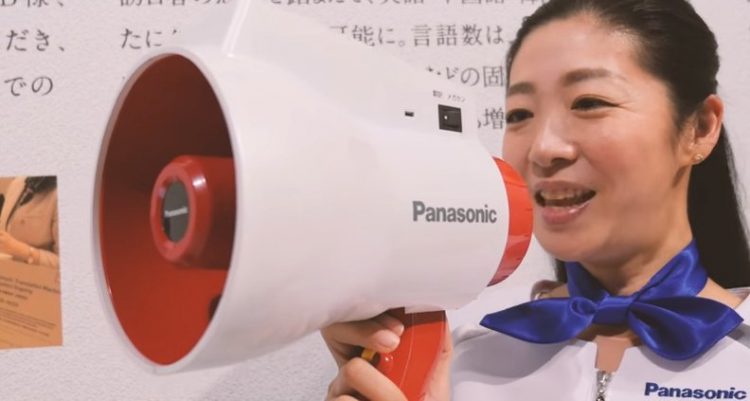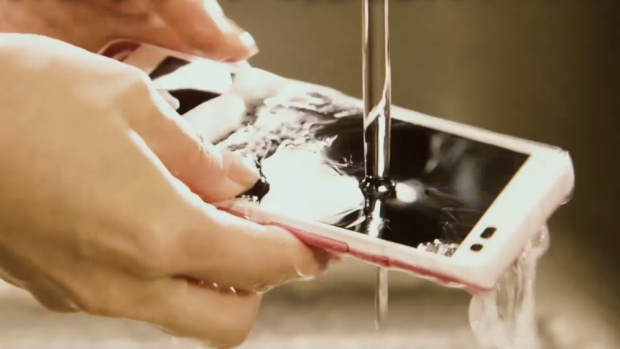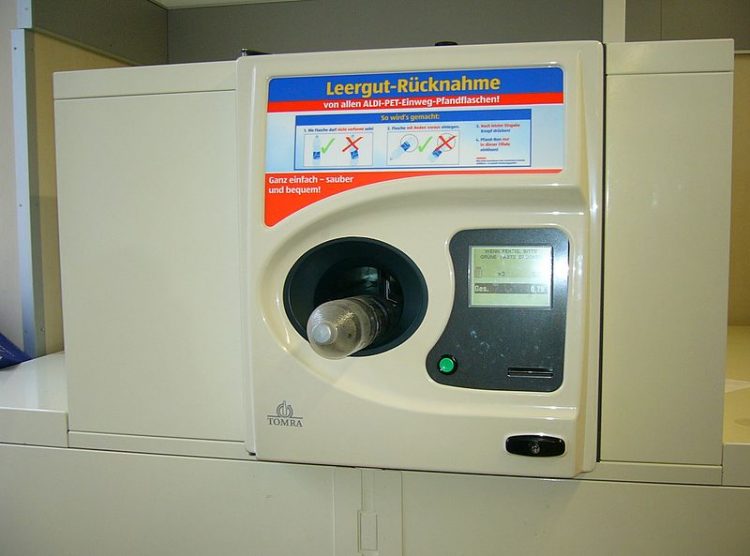Instead of spending their money on crazy Black Friday deals, Cards against Humanity, the company behind the popular namesake board game, asked people to donate to the digging of a useless ‘Holiday Hole’ in celebration of the holiday. Believe it or not, they managed to raise over $100,000.
This past weekend, as Americans spent billions shopping, one company managed to convince some of them to throw their money into a real-life money pit. More specifically, Cards Against Humanity decided to dig a Holiday Hole to celebrate Black Friday and asked their fans to keep donating to this purpose to see how deep the hole could get. As long as people kept donating, an excavator kept digging, with each dollar donated paying for half a second of digging time. The idea of a pointless hole apparently appealed to a lot of people, as the company managed to raise a whopping $100,573 and keep that excavator busy until Sunday, when donations started to dwindle and the digging timer on the Holiday Hole website eventually expired.


